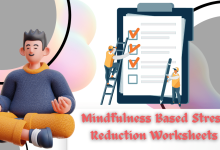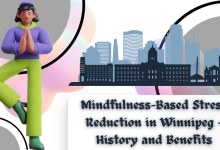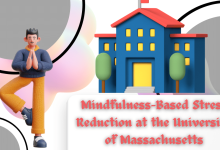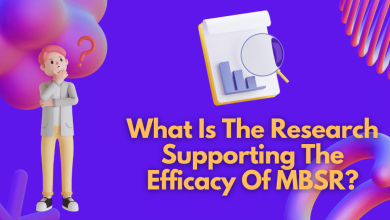What Are The Objectives Of MBSR? Quick Answers
Mindfulness-Based Stress Reduction (MBSR) is an evidence-based program designed to help individuals develop mindfulness skills to cope with stress and improve their overall well-being.
The Objectives Of MBSR
The objectives of MBSR are to help individuals cultivate a greater sense of awareness and presence at the moment, improve their ability to manage difficult emotions and thoughts, and enhance their overall physical and mental health.
One of the primary objectives of MBSR is to teach individuals to be more mindful and present in their daily lives.
Mindfulness involves paying attention to the present moment, without judgment or distraction.
In MBSR, individuals learn to practice mindfulness through various techniques, such as body scans, breathing exercises, and mindful movement.
By practicing mindfulness regularly, individuals can learn to become more aware of their thoughts, emotions, and physical sensations, and develop a greater sense of clarity and focus.
Another objective of MBSR is to help individuals manage difficult emotions and thoughts. Many people experience stress, anxiety, and negative thoughts on a daily basis, which can impact their overall well-being.
MBSR teaches individuals to approach difficult emotions and thoughts with a non-judgmental and accepting attitude, rather than trying to avoid or suppress them.
By learning to observe their thoughts and emotions without judgment, individuals can develop greater emotional resilience and reduce their overall stress levels.
MBSR also aims to improve individuals’ physical health by teaching them to connect with their bodies and develop greater self-awareness.
Through practices such as body scans and mindful movement, individuals can learn to tune into their physical sensations and develop a greater understanding of their body’s needs.
This can lead to better self-care practices and a greater sense of overall physical well-being.
Finally, MBSR aims to enhance individuals’ mental health by reducing symptoms of anxiety, depression, and other mental health conditions.
Research has shown that MBSR can be effective in reducing symptoms of anxiety and depression, as well as improving overall mental health and well-being.
By developing greater self-awareness and emotional resilience, individuals can learn to cope with difficult emotions and thoughts more effectively and improve their overall mental health.
Examples Of MBSR
Individual homework assignments in MBSR typically include daily mindfulness practice, such as guided meditations, and journaling exercises to reflect on experiences with mindfulness.
These homework assignments are designed to help individuals integrate mindfulness into their daily lives and build their mindfulness skills over time.
One example of an MBSR technique is the body scan.
During a body scan, individuals lie down and focus their attention on each part of their body, starting from their toes and working their way up to the top of their heads.
By focusing their attention on their physical sensations and observing any thoughts or emotions that arise, individuals can learn to develop greater self-awareness and reduce stress and tension in their bodies.
Another example of an MBSR technique is mindful breathing.
During mindful breathing, individuals focus their attention on their breath, observing the sensations of air moving in and out of their bodies.
This technique can be practiced anytime, anywhere, and can help individuals develop a greater sense of calm and focus in the midst of stress and anxiety.
Overall, the objectives of MBSR are to help individuals develop greater self-awareness, emotional resilience, and overall well-being through the practice of mindfulness.
By cultivating greater presence and awareness at the moment, individuals can learn to manage difficult emotions and thoughts more effectively and improve their overall physical and mental health.








